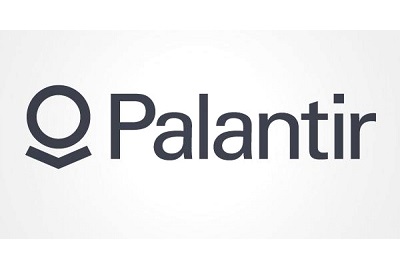 by Angela Guess
by Angela Guess
Michal Lev-Ram recently wrote in Fortune, “When you live and work in Silicon Valley, you grow accustomed to a kind of semantic saturation from overused buzzwords. Terms such as ‘disruptive,’ ‘innovative,’ and ‘mission driven’ come to mind—all favorites among Valley startups, whether they’re building operating systems for robotic arms or phone-based bowling games. So it captures your attention when the CEO of one of the most buzzed-about of those startups sidesteps that kind of language and instead explains his company’s decision-making process as ‘80% Piaget and 20% Hobbes.’ The CEO is Alex Karp of Palantir Technologies, the Palo Alto–based data analytics company that may or may not have helped track down Osama bin Laden. Karp holds a Ph.D. in social theory, which explains why that Piaget-Hobbes formula (more on that in a moment) figures in his view of how to manage and give purpose to a business.”
Lev-Ram goes on, “And like the formula, Palantir’s version of the tech industry’s ‘change the world’ ethos becomes more distinctive, and more of a departure from the Silicon Valley norm, as you dig into it more deeply. Palantir, currently valued at about $20 billion, is one of tech’s biggest “unicorns.” Its two main products, Gotham and Metropolis, serve the same basic purpose—bringing together massive, disparate data sources and scouring them for connections and patterns that aren’t obvious to the human eye. And yes, those software suites are named after the home cities of Batman and Superman, respectively. There’s nothing ironic about the superhero references: Having deployed their products to address crises like cybercrime, natural disasters, and the ugly byproducts of civil war, Palantir’s employees firmly believe that they’re members of the Justice League.”
photo credit: Palantir